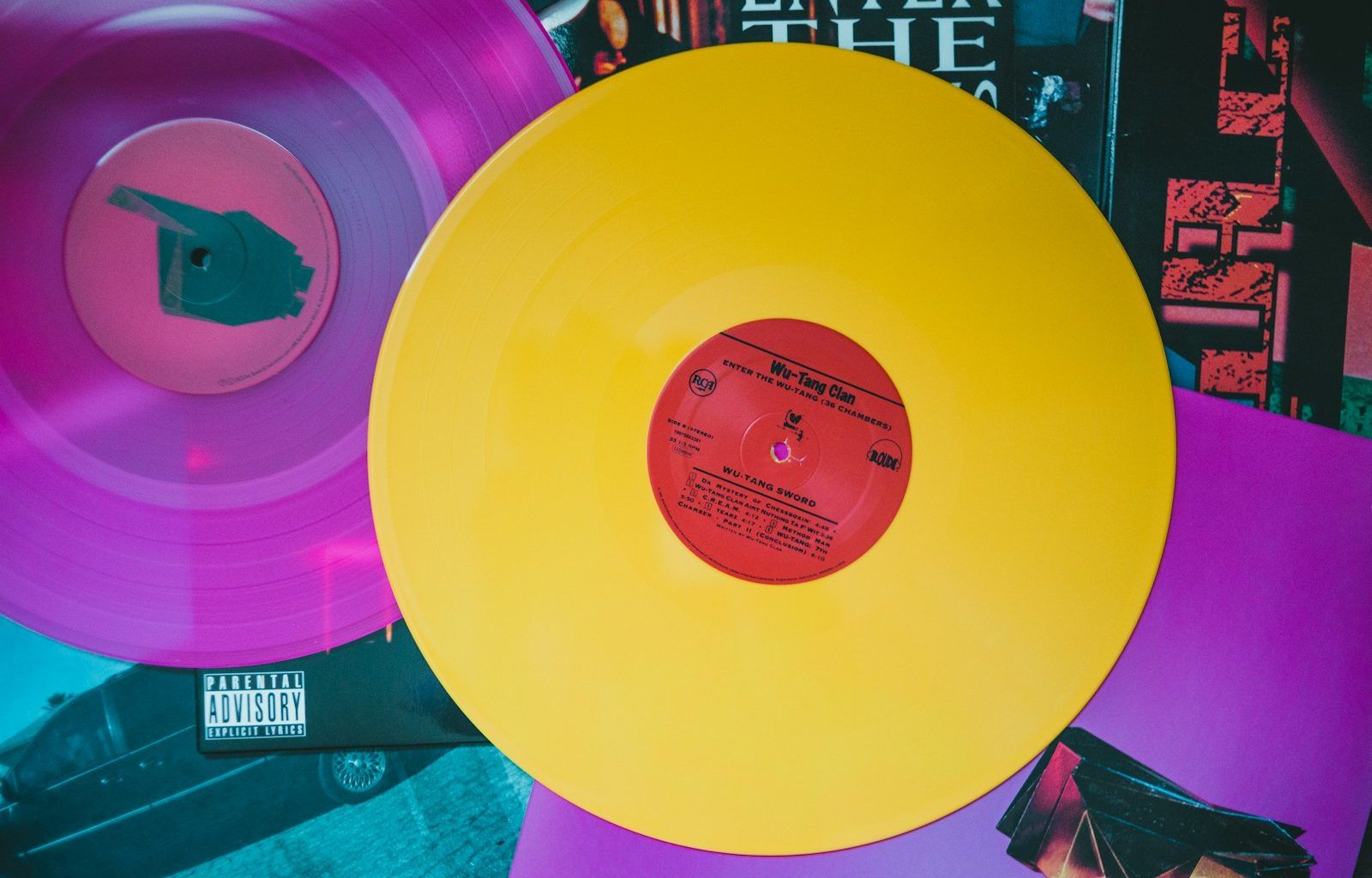If you’ve ever wondered, “how many songs is considered an album?” you’re not alone. This question pops up frequently among music lovers, artists, and even producers. Albums are a core part of the music experience, offering more than just a collection of songs—they tell a story, evoke emotions, and showcase an artist’s creative journey. But what exactly defines an album, and how many songs is considered an album? Let’s dive in and unravel this question.
The Basics of an Album
Before we count the songs, let’s understand what an album is. Traditionally, an album is a collection of audio recordings released as a single body of work. It’s meant to be cohesive, presenting a theme, mood, or narrative. In the era of vinyl records, albums typically held about 30 to 45 minutes of music. Fast forward to the digital age, and things have evolved, but the essence of an album remains the same.
So, how many songs are typically on an album? While there’s no strict rule, most albums fall within a certain range. Generally, an album consists of 8 to 15 songs. However, this can vary depending on the genre, the artist’s vision, and even the format of the release.
Albums vs. EPs and Singles
To better understand what makes an album, it helps to compare it to other formats like EPs (Extended Plays) and singles. An EP usually contains 4 to 7 songs, serving as a middle ground between a single and an album. Singles, on the other hand, are standalone tracks. So, when we talk about an album, we’re referring to a more extensive body of work—something that offers a deeper dive into an artist’s music.
Why the Number of Songs Varies
There’s no universal rule for how many songs an album should have because it’s a creative decision. Artists often decide based on the story they want to tell, the genre they’re working in, and even industry trends. For example:
- Pop Albums: Often range from 10 to 14 songs, aiming for catchy, radio-friendly hits.
- Rock Albums: Typically have around 8 to 12 tracks, focusing on a cohesive sound.
- Hip-Hop Albums: Can vary widely, sometimes exceeding 20 tracks due to collaborations and interludes.
The Role of Streaming Platforms
With the rise of streaming services like Spotify and Apple Music, the concept of an album has shifted slightly. Artists now consider how their albums will perform on these platforms. Some choose to release shorter albums with fewer songs to keep listeners engaged, while others opt for longer albums to maximize streaming numbers.
For instance, a 10-song album might feel concise and to the point, while a 20-song album offers more content but risks losing the listener’s attention. Finding the right balance is key.
Industry Standards and Guidelines
While creativity drives most decisions, industry standards also play a role. For example, the Grammy Awards define an album as a release with a minimum of 5 tracks or 15 minutes of runtime. Similarly, record labels often have guidelines for what constitutes an album versus an EP.
It’s worth noting that the format of release—physical, digital, or streaming—can also influence the number of songs. Physical albums, like CDs and vinyl, have space limitations, whereas digital albums have more flexibility.
Albums and Listener Experience
From a listener’s perspective, the ideal album length often depends on personal preference and the context in which they’re listening. A shorter album might be perfect for a quick commute, while a longer one could set the mood for an evening at home. Ultimately, the number of songs is less important than the quality and flow of the music.
What Do Artists Think?
Artists themselves have varied opinions on this topic. Some prefer shorter albums to ensure every track is a standout, while others embrace longer formats to fully express their creativity. For example, artists like Kendrick Lamar and Taylor Swift have released albums with different lengths depending on the story they wanted to tell.
Modern Trends in Album Length
In recent years, we’ve seen trends emerge in album lengths. Some artists are experimenting with shorter albums—sometimes called “mini-albums”—to cater to shorter attention spans. Others are going the opposite route, releasing sprawling albums with over 20 songs. These trends show that there’s no one-size-fits-all answer.
The Emotional Journey of an Album
Regardless of the number of songs, an album is about taking the listener on a journey. Each track serves a purpose, whether it’s to set the tone, build momentum, or provide a moment of reflection. When done well, the flow of an album can make it feel like more than just a collection of songs—it becomes an experience.
Conclusion: How Many Songs Make an Album?
So, how many songs is considered an album? The answer lies somewhere between art and practicality. Most albums range from 8 to 15 tracks, but exceptions abound. The important thing is that the album serves its purpose—to tell a story, showcase an artist’s talent, and connect with listeners. Whether you’re an artist planning your next release or a fan exploring new music, remember that the magic of an album goes beyond the number of songs it contains.
For further reading, explore these related articles:
- How to Add Lyrics to a Video: A Super Simple Guide
- Sync Movie Review: A Journey into the World of Technology and Emotions
For additional resources on music marketing and distribution, visit Deliver My Tune.






